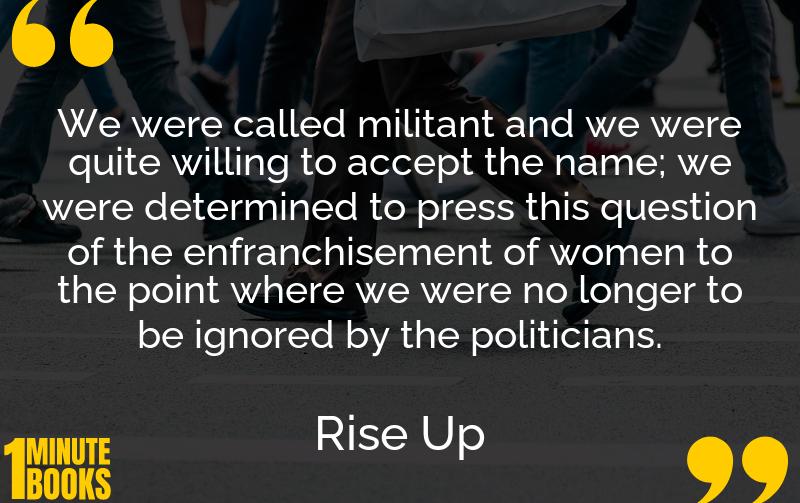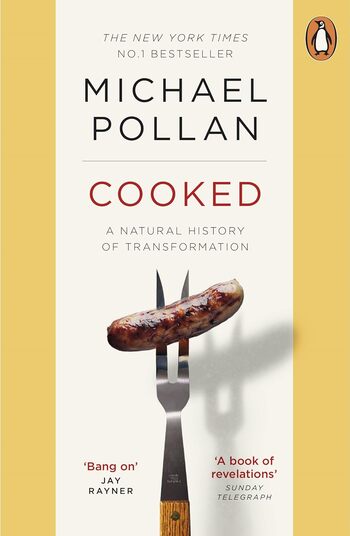
Rise Up, Women! recounts the struggle for women’s suffrage in the UK and the fearless leaders like Emmeline Pankhurst. It delves into the sacrifices made to secure voting rights and the lasting impact on women’s equality.
Main Lessons
- Voting rights symbolize a fundamental human right: having a say in governance.
- The struggle for women’s suffrage in the UK was marked by significant resistance and societal pushback.
- Emmeline Pankhurst was a pivotal figure, inspired by her early experiences with inequality.
- The phrase ‘deeds not words’ epitomized the militant tactics adopted to demand changes.
- Suffragettes faced imprisonment and brutal treatment but maintained their resolve for change.
- World War I opened avenues for women in traditionally male jobs, influencing perceptions of gender roles.
- Legislative changes in 1918 and 1928 were vital milestones toward voting equality in the UK.
- The suffrage movement underscored how major societal changes often require prolonged, determined efforts.
- Gender inequality was evident in numerous facets of life, from property rights to education access.
- The persistence of suffragettes even in the face of harsh opposition laid a foundation for future gender equality advocacy.
- Although early laws fell short of full equality, they were crucial steps in the progressive narrative.








